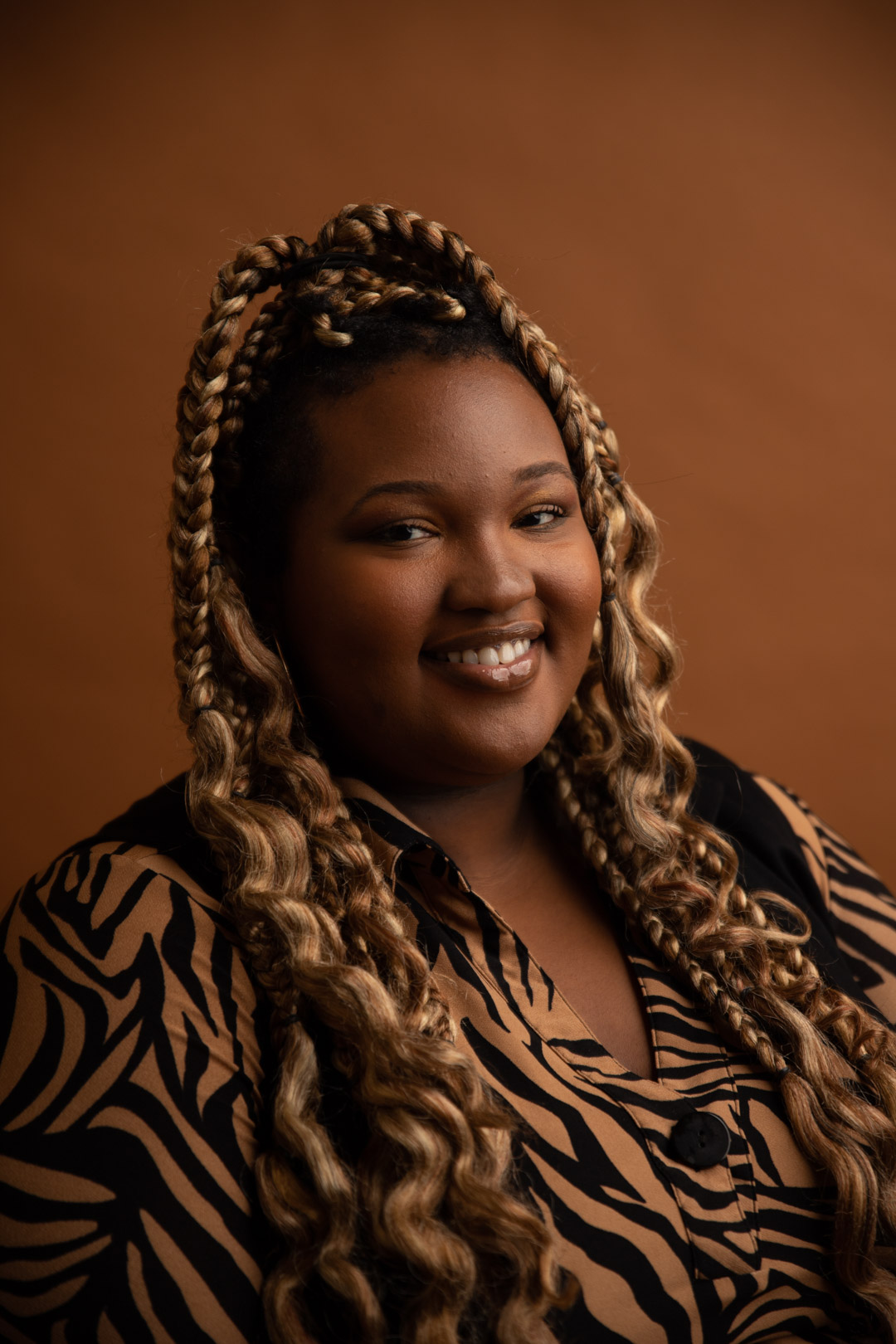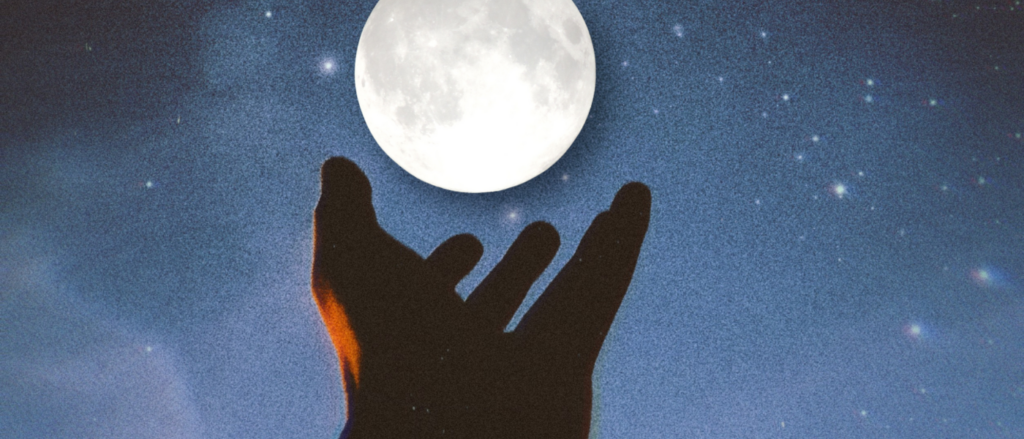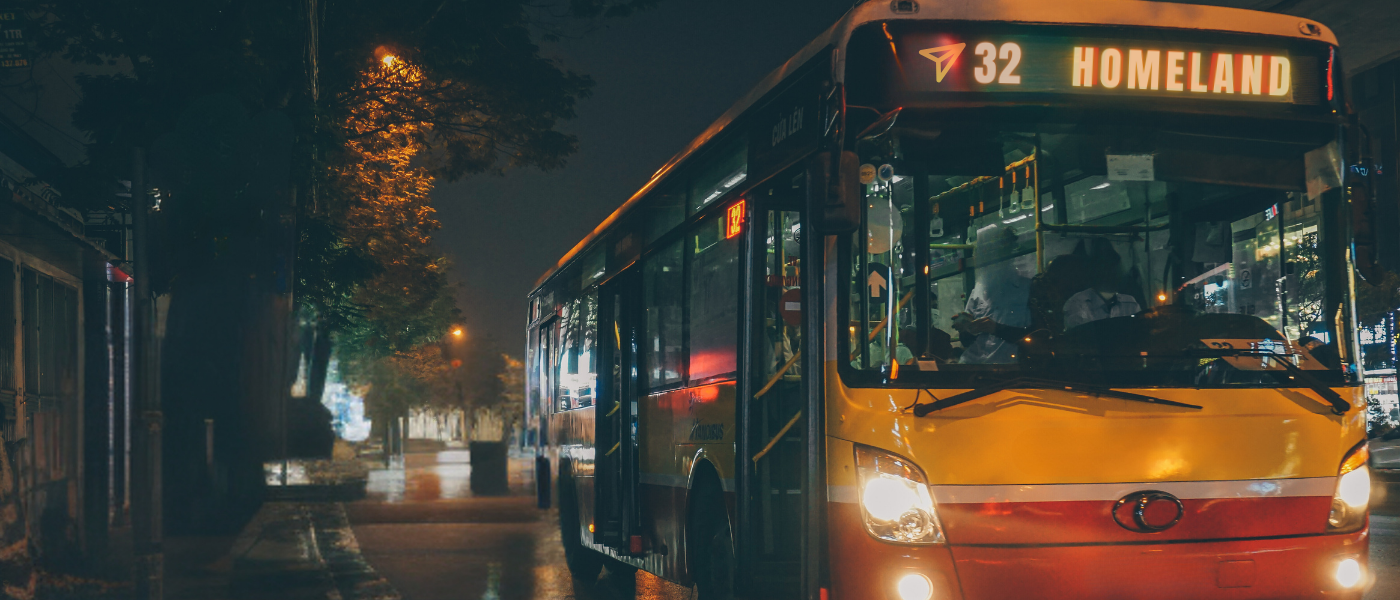Editorial Note: Desiree McCray was a Finalist for our 2024 Editors-in-Chief position for our 2024 Community Anthologies. We invited our finalists to write a short piece on the topic of their proposed anthology. Below, get insight into “On Pleasure/Black Joy,” the anthology topic that Desiree had proposed for their Community Anthology.
After we protested, we would let laughter linger and hang like the moon in the sky. While we chanted, we smirked with the sun in our smiles, singing “This little light of mine, I’m gonna let it shine!” As we marched our feet pressing prayers into the pavement, we reveled in our existence being resistance. After I splayed my broad, Black body on the concrete steps of a “Miller” chapel named after a White slaveholder, they took pictures of my protest. Then I remember that I am remembered by my grief, where I prayed for reparation, and that the joy is hardly ever fully encapsulated in the ephemera of social movements or student movements. Years later, I learned that finding joy and pleasure is essential in fighting against oppression.
Indeed, our emotional, political, and sensual desires in the recesses of our hearts exist as potent forces that can fuel our resistance. I seek to explore how tapping into these deeply human experiences of pleasure and joy for justice can empower individuals and communities to organize against oppression. By delving into the intersection of race, joy, and justice, I aim to unearth pleasure as a tool that has the transformative potential to liberate.
When I say pleasure, I do not mean exclusively sexual encounters. Pleasure is a multifaceted concept that encompasses joy, excitement, and transportation to a gleeful place. For people with marginalized identities, pleasure is often seen as a luxury, but pleasure is about finding joy even amid struggles. I must rail against this thinking that pleasure is a luxury because I celebrate the simplest of pleasures, focusing on what brings humans profound joy. In an increasingly interconnected world, where pleasure is taboo and often policed, discouraged, or misunderstood, I believe there is immense value in exploring its nuances through literature.
In Pleasure Activism: The Politics of Feeling Good, Adrienne Maree Brown illustrates the connection between pleasure and activism, portraying how we can tap into our emotional and psychological desires to mobilize against oppression. Pleasure is not merely the absence of pain but a state of being that allows for profound gratification and self-discovery. It can be a source of creativity, inspiration, and personal growth. However, it can also evoke feelings of institutionalized shame, sadness, and existential questioning because of the politics of enjoying ourselves, especially from queer and racial bias-informed lenses. Pleasure, then, becomes an act of resistance. Evaluating pleasure sheds light on the power of our justice imaginations to envision freedom.
My favorite pleasure is “Black Joy,” which is a radical refusal to succumb to adversity. As a people, Black people have to find joy. Joy is mandatory for living. Joy can be found under a rock somewhere. Joy can be found at the dinner table over a pot of simmered greens, and baked and butter cornbread. Joy can be found in embracing family with warm hugs and cheek kisses. Undoubtedly, joy can be found in that film with a happy ending because in reality most people never get a “happily ever after.” Pleasure is here. Pleasure is there. If you look hard enough, pleasure can be found anywhere, and if you can’t find joy, create it.
I love that Black joy is unrestricted by the logic of White supremacy that attempts to negate Black enjoyment, for “When your very being is a threat, to live your life joyously, noisily and without shame or restriction is powerful”1. Black pleasure disproves negative stereotypes about Black people. Thus, pleasure as resistance is essential to Black survival, thriving, and personhood. Black pleasure looks like saying to myself, “I am allowed to be happy, to smile, and to express my excitement in mundanity ”As we navigate the complexities of oppression, let us not overlook the power of our emotional, political, and social desires. As we look back across the great span of collective memory, may we remember what helped us over the troubled water of forgotten time. It was a laugh and a smile. A giggle with a bit of glee. In harnessing these deeply human experiences, we can cultivate resilience, build solidarity, and envision a world where liberation is not only possible but inevitable. May we be inspired to embrace life’s simple pleasures as potent tools for social change.
1 Joseph, C. (2020). What Black Joy Means—And Why It’s More Important than Ever. British Vogue.
To learn more about our Community Anthology program, see here.




